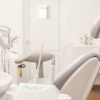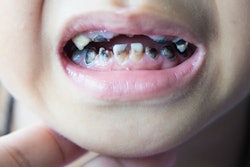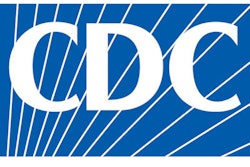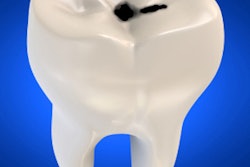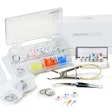
Educational, preventive dental programs are being presented to new mothers by nondental practitioners as a way to reduce the prevalence of early childhood caries. Researchers reviewed the literature and found these programs can improve the oral health of those involved.
They searched for studies involving children younger than 5 years whose mothers had received oral health interventions from nondental professionals. These practitioners can effectively provide oral health education, risk assessment, and referrals for their patients, the review authors reported in BMC Oral Health (August 2, 2019).
Early childhood caries is the most prevalent chronic childhood disease in the world, the authors noted. As a mother's oral health is a risk factor, effectively educating pregnant women and new mothers about the importance of oral health is crucial. Many programs seek to do so by using nurses, physicians, and other nondental practitioners to deliver information. The researchers wanted to assess the effectiveness of these programs undertaken during the mothers' antenatal period, postnatal period, or both.
Their review included nine studies: Six involved programs delivered during the postnatal period, two during the perinatal period, and one during the antenatal period. The interventions included eight involving oral health education, three included dental referrals, and one an oral health assessment. These interventions were delivered by nurses, nutritionists, physicians, midwives, and other nondental providers.
The interventions conducted during the postnatal period resulted in fewer decayed surfaces and lower rates of enamel caries in the children up to a year afterward, the researchers reported. In addition, they found a change in the mothers' parenting practices, such as less use of bottles during the day and at bedtime.
The authors listed several limitations to their review, including the following:
- Almost all studies meeting the inclusion criteria were conducted in countries with high or upper-middle incomes with established healthcare systems.
- The methodological quality of six of the included studies was rated as generally low. Three of the studies used either a simple randomized or cluster randomized controlled design, which is likely to deliver sufficient evidence, according to the authors.
While more high-quality studies are needed, these educational programs can be useful, they concluded.
"Nondental professionals can promote maternal oral health by providing oral health education, risk assessment, and referrals," wrote the review authors, led by Ajesh George, BDS, MPH, PhD, a dentist and an associate professor at the Western Sydney University School of Nursing and Midwifery in Penrith, Australia.


